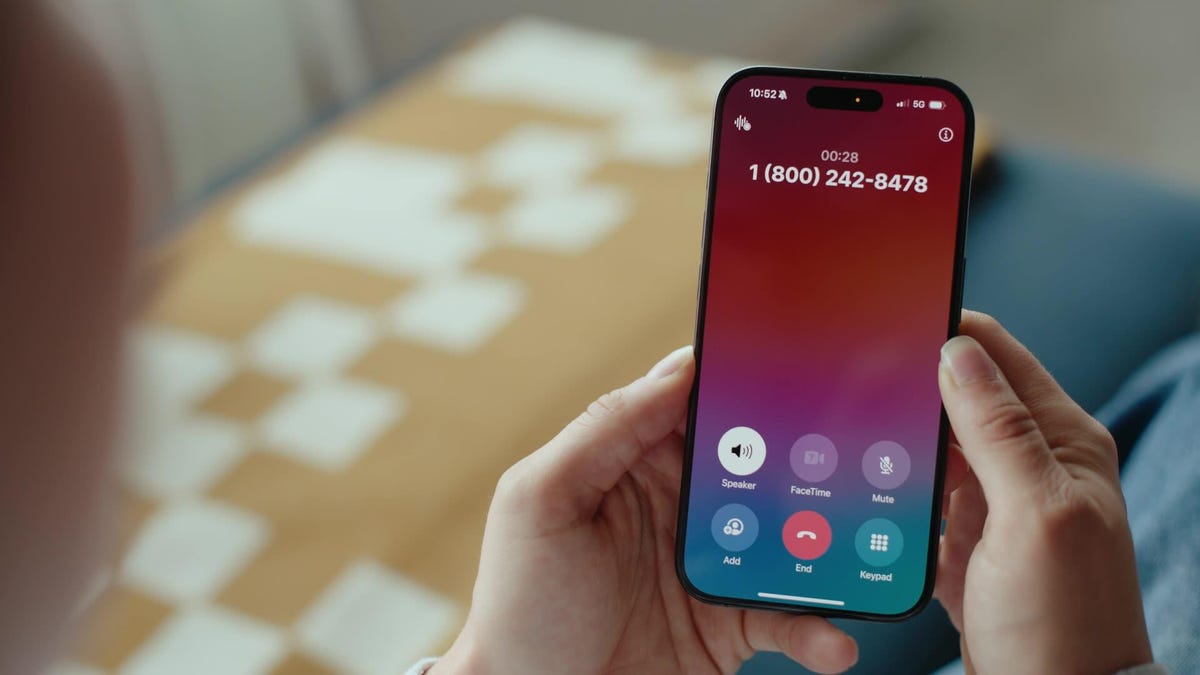Looking for a new way to interact with AI? Call or text 1-800-CHATGPT. No, really. OpenAI announced on Wednesday that users in the US can now talk with ChatGPT via phone or send messages through WhatsApp, using the number 1-800-242-8478. The service is free, but users receive only 15 minutes of call time per month. Standard carrier fees may apply.
The phone service is available to anyone in the US with a valid US phone number. Meanwhile, ChatGPT via WhatsApp is accessible wherever ChatGPT is available.
Read more: Here’s Everything You Need to Know About Using ChatGPT
The company announced the latest update during a livestream tied to its 12-day holiday release spree, which previously included the rollout of its much-anticipated Sora video generation model. On the livestream, an employee said the call and texting tool was only built a few weeks ago.
In an email sent to CNET, OpenAI said 1-800-CHATGPT is also part of its broader effort to make the service more accessible.
“Consistent access to high-speed data can be difficult and costly for many,” OpenAI said in a statement. “For those new to AI, this is an easy, convenient, and low-cost way to try it out through familiar channels.”
We tried it out
CNET called the number and first asked about the weather in San Francisco. The female-sounding voice responded promptly but said it lacked access to real-time weather data and recommended using an app with up-to-date information. Virtual assistants such as Apple’s Siri and Amazon’s Alexa can answer this question with ease.
A CNET writer found mixed results when calling the number. 1-800-ChatGPT couldn’t report on the weather, and it repeated questions it had already asked the caller.
When asked what year the Eiffel Tower was completed, the voice accurately replied, “1889.” It went on to provide more details about the structure, including advice on whether tickets are needed in advance to visit the top. But the service had limitations, asking if the caller was planning a trip to Paris, receiving a positive answer, and then later on, repeating the same question as if it had never asked.
Users should also keep in mind that AI has been known to provide inaccurate information, known as hallucinations.
In a blog post, OpenAI called the feature “experimental” with some limitations. For example, it works best in quiet environments, and the company recommends enabling noise isolation features on your device.
OpenAI said it doesn’t store conversations but may review calls, transcripts and WhatsApp messages for safety and abuse prevention purposes.







